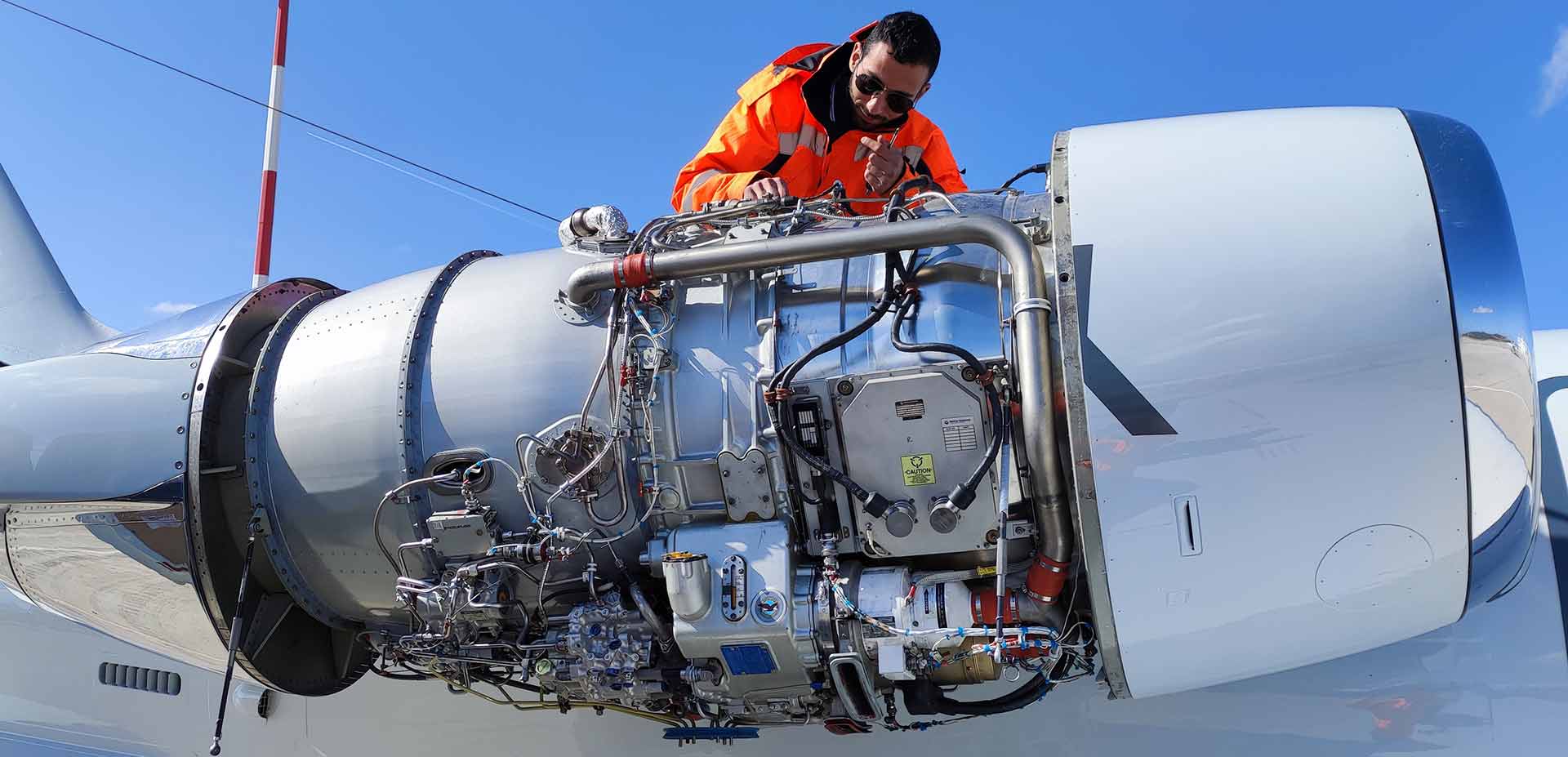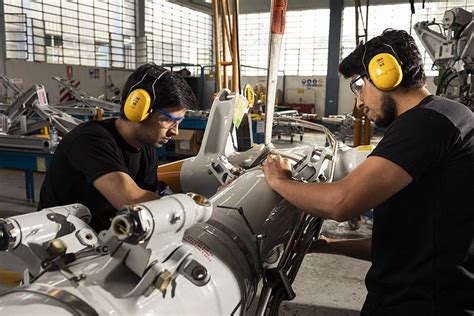On-time Delivery
Services
Precision. Oversight. Results.
We specialize in managing aviation projects where complexity is the norm and precision is non-negotiable. Whether it's a fleet transition, facility upgrade, or maintenance program rollout, I ensure every phase is executed with clarity, control, and compliance.
Each aircraft contains thousands of specialized components, and with varying configurations across fleets, no two projects are ever the same. That’s why we approach every assignment with a tailored strategy—built around its unique scope, technical demands, and regulatory requirements.

The Sucess
Defining Success in Aviation Project Management
For us, success in aviation project management is never just about ticking boxes—it’s about delivering measurable impact across every dimension of the project. We operate in a field where precision, accountability, and performance are paramount, and we hold each project to the highest standards.

-
-
Budget Adherence
-
Quality Assurance
-
Stakeholder Satisfaction
-
Risk Management
-
Resource Utilization
-
Communication and Collaboration
-
Lessons Learned
-
Long-term Impact

Resources in Aviation Project Management
In every aviation project We lead, success hinges on the strategic use of resources. These are not just inputs—they’re the foundation of execution. We ensure that each resource is carefully planned, allocated, and optimized to meet project goals within scope, schedule, and budget.
Here’s how We categorize and manage the essential resources:

-
Human Resources
-
Material Resources
-
Financial Resources
-
Time Resources
-
Information Resources
-
Technological Resources
-
Facilities and Infrastructure

Solutions
Tailored Solutions for Aviation Project Success
Solutions are never one-size-fits-all—they’re carefully designed to meet the specific requirements and challenges of each aviation project. W apply a strategic, resource-conscious approach to ensure seamless execution, operational efficiency, and long-term resilience.
The highest targeted results are achieved by:

-
Supply chain solutions
-
Supply Chain Visibility
-
Inventory Optimization
-
Transportation Management
-
Warehouse Management
-
Supplier Relationship Management
-
Demand Planning and Forecasting
-
Risk Management and Resilience

Rotables Repair and Overhaul Solutions
In aviation, rotable components are the backbone of operational reliability. These reusable parts—such as landing gear, wheels, brakes, avionics, and flight control surfaces—undergo scheduled maintenance, repair, and overhaul (MRO) to ensure continued airworthiness and compliance with stringent safety standards.
We manage this process with a focus on precision, traceability, and regulatory alignment. Each component is treated not just as a part, but as a critical asset in the aircraft’s performance lifecycle.

Our End-to-End Service Framework:
-
Component Inspection and Testing
-
Repair and Refurbishment
-
Overhaul and Reassembly
-
Testing and Certification
-
Documentation and Traceability
-
Logistics and Supply Chain Management
-
Quality Assurance and Compliance

Aviation Asset Management
Maximizing Value Across the Aviation Asset Lifecycle
Aviation asset management is more than oversight—it’s a strategic discipline that ensures every asset contributes to operational performance, financial efficiency, and long-term resilience. We manage the full lifecycle of aviation assets, from acquisition to retirement, with a focus on maximizing value and aligning with organizational goals.
Whether it’s aircraft, engines, spare parts, ground support equipment, or infrastructure, We apply a structured, data-driven approach to ensure each asset is utilized effectively, maintained to the highest standards, and transitioned seamlessly when its operational role evolves.

-
Strategic Planning
-
Asset Acquisition
-
Asset Operation
-
Maintenance and Repair
-
Asset Disposition
